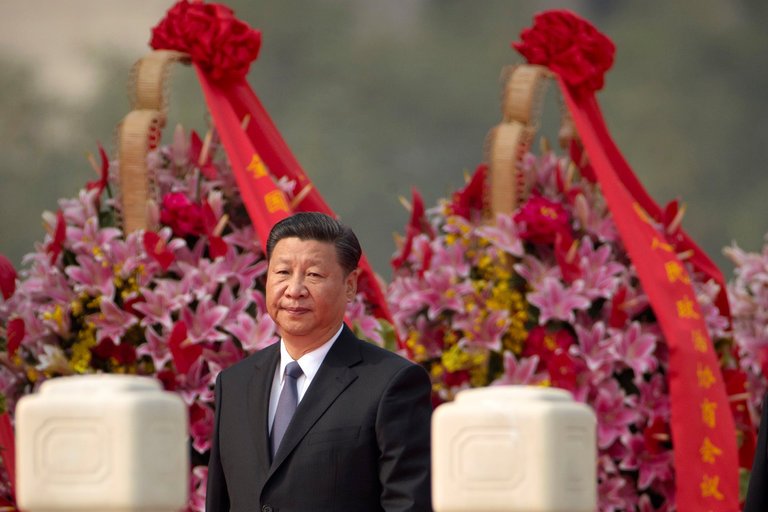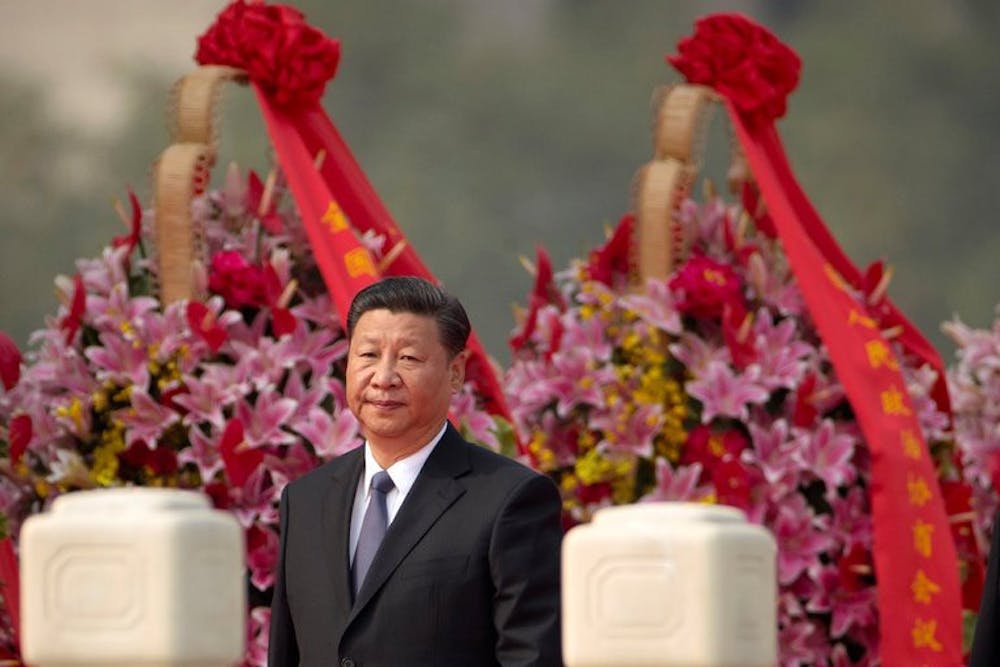By Anandita Mehta
Staff Writer
Chinese President Xi Jinping announced his intent to abolish the nation’s two-term limit for presidents on Feb. 25, according to The New York Times.

In China, a presidential term lasts for five years, limiting each president to a maximum of 10 years in office. In addition to serving as China’s president, Xi serves as the Communist Party’s general secretary and military chief, which are positions with indefinite term limits, according to The New York Times.
The term limit was originally put in place in 1982 in an effort to prevent leaders like Mao Zedong and Deng Xiaoping from having lifetime tenures. During the Cultural Revolution, which spanned from 1966-1976, Mao gained influence by using fear tactics, according to The Washington Post.
“Xi Jinping has finally achieved his ultimate goal when he first embarked on Chinese politics,” said Willy Lam, Xi’s biographer and a political analyst at the Chinese University in Hong Kong, according to The Washington Post. “That is to be the Mao Zedong of the 21st century.”
Xi’s previous two predecessors abided by the 10-year limit, and until recently Xi was expected to as well. The abolishment breaks tradition and is an indicator of increasing centralized government control, according to The Washington Post.
Xi has undertaken anti-corruption campaigns and harsh security measures preventing anti-government public protests, making public backlash against the term abolishment seem unlikely, according to The New York Times.
The announcement comes at the peak of Xi’s political career, as well as at the end of his first presidential term. For most Chinese leaders, authority begins to decrease as the end of the term grows nearer. Xi also lacks political competitors, which further reinforces his position, according to The New York Times.
Xi has also broken political norms and traditions by failing to appoint a clear successor at a meeting of the National Congress of the Communist Party of China in October 2017. He appointed older men closer to his own age to the rather than following the precedent of appointing younger men, according to The New York Times.
President Donald Trump also broke political precedent by expressing optimism in Xi’s decision in a speech to Republican donors at his Florida estate on Saturday, March 3, according to The Washington Post.
“(Xi is) President for life. No, he's great. And, look, he was able to do that. I think it's great,” Trump said. “Maybe we'll have to give that a shot someday.”
Even though Xi is at the height of his political power, his future standing will depend on his handling of government debt, social welfare reform and China’s relationship with other powerful countries, according to The Washington Post.
“Xi Jinping is susceptible to making big mistakes because there are now almost no checks or balances,” Lam said. “Essentially, he has become emperor for life.”







